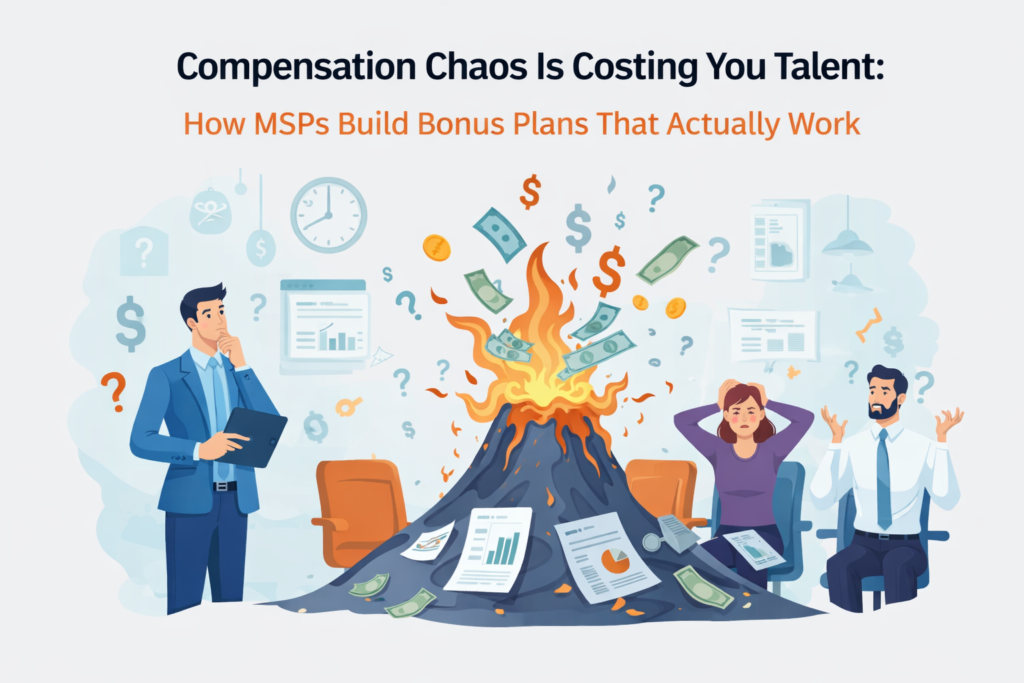The Financial Fundamentals That Drive Valuations
At Next Level Now, we specialize in empowering businesses with financial leadership through embedded CFO services, helping organizations make sound financial decisions, and guiding them through the complexities of growth and valuation. One key area where businesses often find themselves…
At Next Level Now, we specialize in empowering businesses with financial leadership through embedded CFO services, helping organizations make sound financial decisions, and guiding them through the complexities of growth and valuation. One key area where businesses often find themselves in need of guidance is understanding how their company is valued, particularly when it comes to EBITDA multiples and the various factors that affect those valuations.
Many business owners assume that determining a company’s value is as simple as multiplying EBITDA (Earnings Before Interest, Taxes, Depreciation, and Amortization) by an industry multiple. However, this approach misses the nuances that potential buyers and investors consider when evaluating a company. The truth is, multiples are not applied to an EBITDA number, they are derived!

The 5 Key Valuation Factors You Need to Know
- Accounts Payable Aging
- What It Is: Accounts payable aging refers to the outstanding bills your company owes to vendors and suppliers, categorized by the length of time those bills have been unpaid.
- Why It Matters: A high amount of unpaid or overdue payables can signal financial distress or poor cash management, which could reduce your company’s perceived value. Buyers may question your ability to manage cash flow or pay vendors on time, leading them to apply a lower multiple.
- Cash Conversion Cycle
- What It Is: The cash conversion cycle (CCC) measures how long it takes for a company to convert its investments in inventory and other resource inputs into cash flows from sales.
- Why It Matters: A longer CCC means your company is tying up cash for extended periods, which could limit liquidity and reduce flexibility in funding future growth. A shorter, more efficient cycle enhances your company’s appeal to potential investors, as it signals good operational efficiency.
- Financial Rigor
- What It Is: Financial rigor refers to the discipline and structure behind your company’s financial reporting, forecasting, and decision-making processes.
- Why It Matters: Companies with robust financial controls and accurate, reliable financial data are valued higher because they offer more transparency and lower risk to investors. Investors know they can trust the numbers and make more informed decisions.
- EBITDA Volatility
- What It Is: EBITDA volatility refers to the consistency (or lack thereof) of your company’s earnings before interest, taxes, depreciation, and amortization over time.
- Why It Matters: A volatile EBITDA history raises red flags for potential buyers, as it suggests that your company’s performance may not be predictable or stable. Stable, predictable earnings are more attractive to investors because they present a lower risk profile.
- Rule of 40
- What It Is: The Rule of 40 is a financial metric used primarily for SaaS (Software as a Service) companies. It is calculated by adding a company’s growth rate and profitability margin. A score above 40 is generally considered healthy, indicating that a company is striking a good balance between growth and profitability.
- Why It Matters: A company that is growing rapidly while still maintaining strong profitability is highly desirable. Investors are particularly attracted to this combination because it signals a business with scalable growth potential and operational efficiency.
Why These Factors Matter in the Valuation Process
While many companies focus primarily on revenue and EBITDA as the key metrics for valuation, savvy investors and buyers know that these numbers are only part of the story. The real value comes from understanding the underlying risks and opportunities that could impact the business over time.
By evaluating the risk factors, you are able to get a much more nuanced, accurate valuation that reflects the true potential (or challenges) of the company. This thorough approach is what differentiates iTValuations from other firms that rely solely on traditional multiples or simplistic formulas.
Understanding Your Firm’s Value
Knowing how your company will be valued before engaging with potential buyers or investors gives you a significant advantage. It helps you identify areas where you may need to tighten your operations, manage risk more effectively, or improve your financial processes.
Understanding the intricacies of your company’s valuation—and how factors like Accounts Payable Aging, the Cash Conversion Cycle, Financial Rigor, EBITDA Volatility, and the Rule of 40 all play a role—can set you up for success. These elements are integral to the larger picture of company value, and mastering them can help you unlock better financial outcomes when you decide to sell or seek investment.
In Case You Missed It: Value Driver Series with iTValuations & Next Level Now
To dive deeper into these critical valuation factors, we invite you to watch this webinar recording to learn about 24 company-specific risk factors that influence your firm’s value. In this session, we break down how these risk factors come together and impact your company’s market worth, empowering you with the knowledge you need to position your business for long-term success.
At Next Level Now, we’re committed to helping businesses not only survive but thrive in today’s competitive marketplace. By taking a comprehensive approach to financial leadership and business valuation, we ensure you’re always equipped with the right knowledge to lead confidently and make sound strategic decisions.
Contact Next Level Now to start the conversation!
Continue learning with Next Level insights
Compensation Chaos Is Costing You Talent: How MSPs Build Bonus Plans That Actually Work
For most MSPs, compensation is the largest controllable expense on the P&L. It’s also the most misunderstood. When compensation plans are unclear, misaligned, or copied…
New M&A Insights Podcast Drop: Why Your Finance Function Is Worth Two Turns of EBITDA
Most MSPs run their business from the bank account. And that’s exactly why they leave money on the table. In the newest episode of M&A…
Next Level Now Becomes Women-Owned Under CEO Brandi Bonds; Sonja Fridell Pomerleau Named Equity Partner & COO
Next Level Now (NLN), a leading provider of CFO-led financial and operational services for growth-focused companies, today announced a defining milestone in its evolution. Brandi…
Let’s Build the Right Financial Strategy Together
Tell us about your business, and we’ll guide you toward the best level of CFO and accounting support tailored to your growth stage.

Choose your starting point today and scale as your company grows.
Our team will reach out to discuss your needs and design a financial plan that works for you.
"*" indicates required fields



